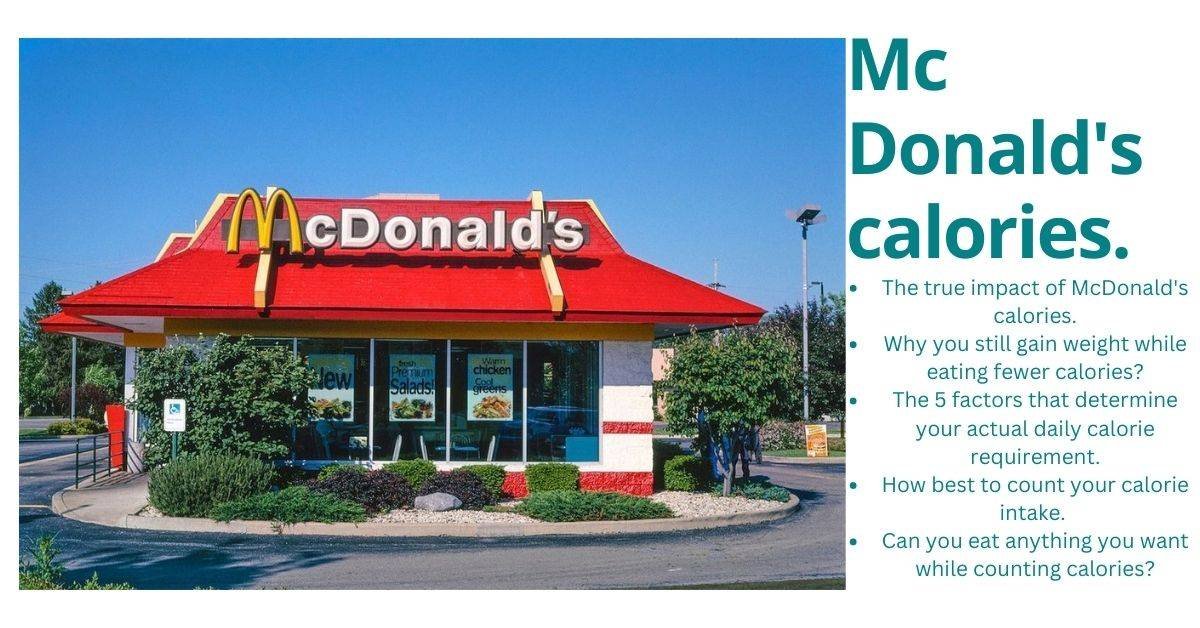
Table of Contents
The main problem with McDonald’s calories is they come from lots of refined sugars and carbs but unlike the empty calories you get from alcohol, they provide usable energy. Most items on their menu also come with other useful nutrients expected in balanced diets which should help to prevent undue weight gain.
Calories are very important determinants of body weight, however, your body is set to maintain its weight and the type or source of the calories you take is just as important as the amount. This is because your body responds differently to different sources of calories in its bid for weight maintenance. However, those from refined sugars and carbs like McDonald’s calories have the greatest impact on your body weight. as published in the National Library of Medicine (NLM).1
The issue of calories is of significant medical and physical concern. It raises a lot of questions among food consumers and healthcare providers alike. So we’ll take a look at some facts about calories using McDonald’s as a point of reference.
How many calories per day?
Calories have a great impact on your health which could be a positive or negative one depending on your daily consumption. Too few calories could lead to systemic damage and organ failures whereas an excess of it leaves you prone to heart disease, diabetes, and increased risk of cerebrovascular accident among numerous other health conditions according to the National Library of Medicine (NLH).
The 6 determinants of your daily calorie requirement.
Your ideal daily calorie requirement may differ significantly from others. It is influenced by several factors such as:
- Gender: The daily calorie requirement is higher for males than females.
- Age: With increasing age comes decreasing calorie requirement principally due to decreasing resting metabolic rate.
- Weight: Increased body weight and size result in a decrease in resting metabolic rate according to the National Institute of Health (NIH).2 This lowers your daily calorie requirement.
- Height: The taller you are, the higher your resting metabolic rate. This means a higher daily calorie requirement for you.
- Lifestyle or level of activity: Your activity level is directly proportional to your daily calorie requirement. The more active you are, the more calories you’ll need.
- Muscle mass: Regardless of age, having higher muscle mass increases your resting metabolic rate which in turn increases your daily calorie requirement. Research has also shown muscle mass (naturally acquired without steroids) has a direct relationship with longevity.
Optimal daily calorie requirement.
Based on gender, males, on average, need more calories to maintain their body weight and carry on with their daily activities than females. The average daily calorie requirement for each gender is as follows:
- Females: 2,000 calories daily.
- Males: 2,500 calories daily.
These are just average figures but they are good approximates. The actual figure for you will vary based on the determinant factors highlighted earlier. It is known that dropping 500 calories daily below the average figure for your gender will make you lose a pound of your body weight weekly as published in the Journal of the National Library of Medicine (NLM).
For instance, if you are female and you take 1,500 calories or slightly less, daily, it’s expected you’ll lose a pound of your body weight weekly. The same applies to males. This is so because 3,500 calories are about 1 pound (0.454kg) of fat. By eating 500 calories less than your daily requirement, you eat 3,500 calories (500 X 7 = 3,500) less, weekly.
McDonald’s calories menu.
There is just so much McDonald’s has to offer on its menu. As their ingredients differ, the calories you get from each also differ. Below is calorie data on some 15 popular items on McDonald’s menu.
| McDonald’s menu | Serving size | Calories |
|---|---|---|
| Large fries. | 154g | 500 |
| Cheeseburger | 114g | 300 |
| Hashbrown | 56g | 150 |
| Chicken nuggets | 65g | 190 |
| Double cheeseburger | 165g | 440 |
| Apple pie (Baked) | 77g | 250 |
| Hamburger | 100g | 250 |
| Frappe caramel (Large) | 22 fl oz cup | 680 |
| Ice cream | 100g | 162 |
| Apple fritter | 1 serving | 510 |
| Big mac | 214g | 540 |
| Breakfast burrito | 100g | 262 |
| Biscuit | 100g | 344 |
| Bbq sauce | 100g | 165 |
| Big tasty | 206g | 460 |
How do I count my calories?
You can do this in 3 easy steps:
- Having a portable calorie recording system: This may be either a small book you could take with you everywhere, or better still, a calorie tracking app installed on your smartphone
- Find out about your actual daily calorie requirement. Though the 2,000 and 2,500 daily calorie estimates for women and men are useful, you could get a better estimate based on your age and level of activity as provided by the Food and Drug Administration on this page.
- Actively keep track of your calorie intake through the provided calorie information. You’ll find the calorie details in the nutrition information that’s usually listed beside the name or price tag of the food on menus. Alternatively, you can find out online from the McDonald’s nutrition calculator. The nutrition information can also help you decide on what to take or avoid.
Do calories mean weight?
Calories are closely associated with body weight but the general idea that less of it means losing weight is generally true but not always the outcome. The process is more complex than that. You could take fewer calories but gain weight or regain it not long after as your body is set to work to maintain its weight.3 The type or source of your calories also influences your body’s response to weight gain or loss in the following ways:
- Calories from refined or processed sugars and carbs result in insulin spikes that increase their conversion and deposition in the body as fats. Calories from these sources have been identified as primarily responsible for obesity more than those from other sources even when taken in reduced quantities.
- Reduced calorie intake could increase the production of cortisol. Increased cortisol levels are responsible for abdominal obesity which results in overall weight gain. (Source)
- If calories come from sources that are devoid of most other essential nutrients, the body triggers hunger mechanisms that encourage more food intake. This is bound to result in weight gain. However, a lot of items on McDonald’s menu offer you other important nutrients.
All things being equal, a consistent reduction in calorie intake amid increased energy usage is expected to result in a drop in weight.
Do keep in touch by subscribing to our newsletter:
Can I eat whatever I want if I count calories?
No, it may be a bad idea to eat whatever you want simply by counting calories. You need to take into consideration your dietary requirements in line with your current state of health. For instance, if you are battling with arthritis, there are bad foods for arthritis you need to avoid that make your symptoms worse, and good foods for it you are encouraged to take for relief.
Furthermore, some medications are incompatible with certain foods so it’ll be in your best interest to check if your current medications are among them. You may also want to be careful with foods that are high in saturated fats and sodium for health reasons even if you are counting calories.
With regards to weight loss, counting calories but getting most of your calories from processed sugars and carbs will work against your weight loss goals by normal physiological mechanisms such as:
- Insulin spikes that enhance the storage of these calories by fat cells,
- These calorie sources often lack other essential nutrients which makes your brain trigger the hunger mechanism that forces you to eat more coupled with a drop in your body’s metabolic rate. (Source)
In summary, you basically can’t eat whatever you want just by counting calories.
Can I lose weight without exercise?
Absolutely. Exercises greatly enhance the weight loss process but you can still lose weight without them. This is because they are not the only mechanism involved in your overall weight loss. People could lose weight by dieting or calorie counting alone.
Furthermore, the practice of intermittent fasting could send your weight on a downward spin even without exercise. This doesn’t apply to everyone more so if you take a lot of calories from fast food outlets like McDonald’s. In some people, weight loss could be so tough even with exercises, fasting, and dieting, that they have to resort to a medical weight loss program.
Nonetheless, your choice of exercise should align with your fitness level and the presence of any morbidity.
References
- Osilla EV, Safadi AO, Sharma S. Calories. [Updated 2022 Sep 12]. In: StatPearls [Internet]. Treasure Island (FL): StatPearls Publishing; 2023 Jan-. Available from: https://www.ncbi.nlm.nih.gov/books/NBK499909/ ↩︎
- McMurray, R. G., Soares, J., Caspersen, C. J., & McCurdy, T. (2014). Examining Variations of Resting Metabolic Rate of Adults: A Public Health Perspective. Medicine and Science in Sports and Exercise, 46(7), 1352. https://doi.org/10.1249/MSS.0000000000000232 ↩︎
- Benton, D., & Young, H. A. (2017). Reducing Calorie Intake May Not Help You Lose Body Weight. Perspectives on Psychological Science. https://doi.org/10.1177/1745691617690878 ↩︎




























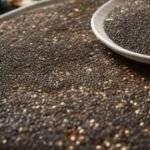

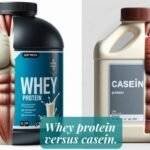











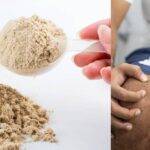












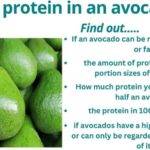
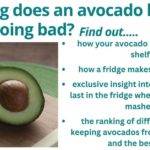




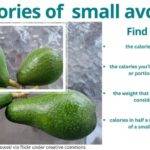
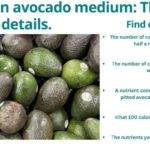
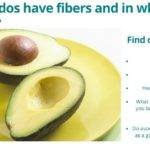
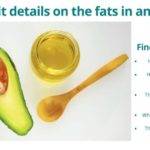







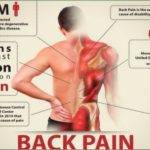


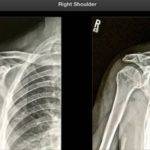



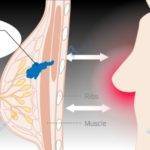
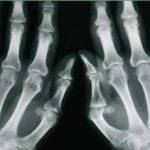
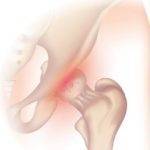









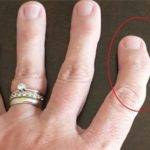

















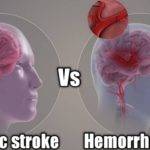



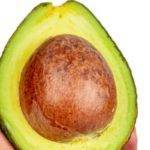











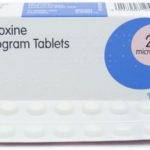


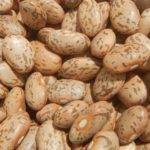
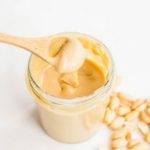
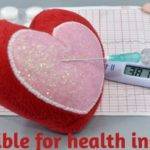







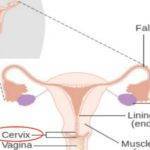


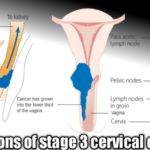

















I really like your writing style, fantastic info. I appreciate you for posting this.